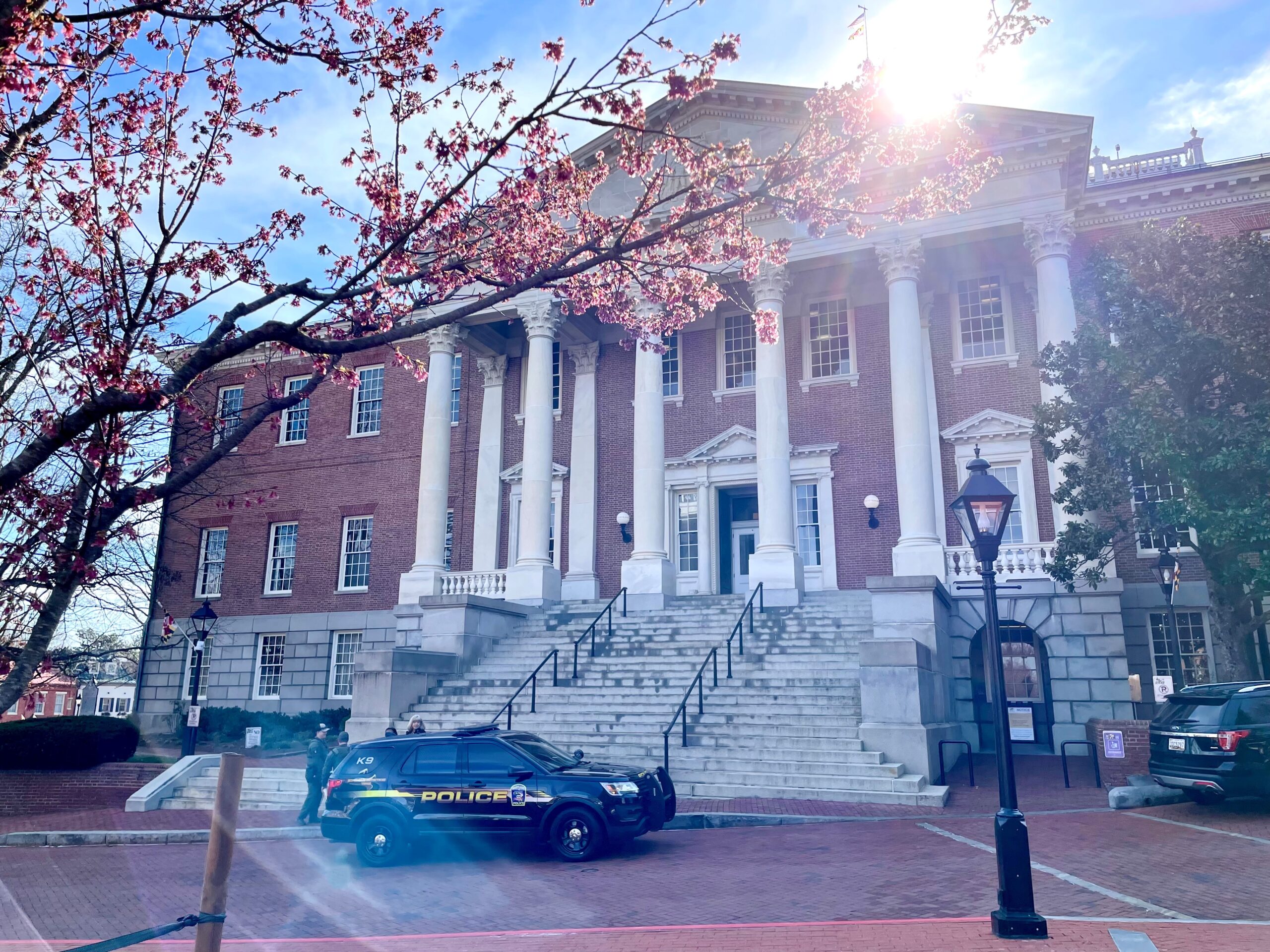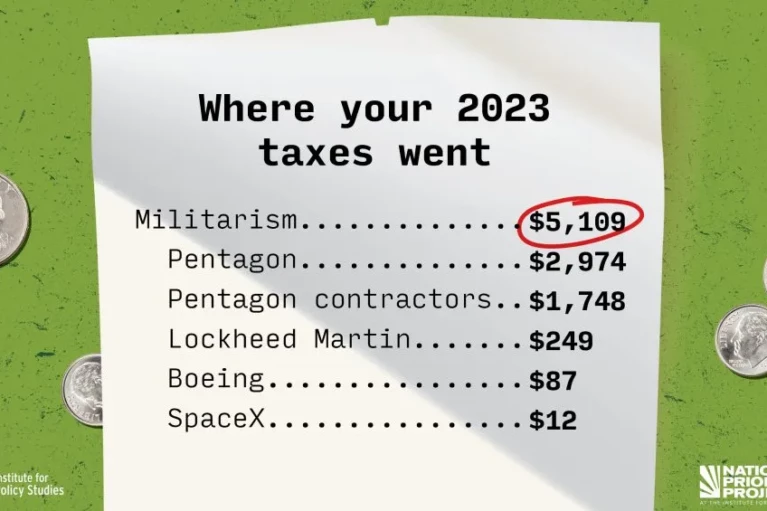Amid Record-High Agency Vacancy Rates, Hogan Lifts Degree Requirement for Thousands of State Jobs

Gov. Lawrence J. Hogan Jr. announced Tuesday that he would lift the four-year college degree requirement to apply for thousands of state jobs.
Hogan (R) made the announcement at a State House press conference alongside Labor Secretary Tiffany P. Robinson and Byron Auguste, the CEO and co-founder of Opportunity@Work, a nonprofit workforce development organization.
“To have the state of Maryland removing bachelor’s degree pre-screens — the sort of requirements that say you can’t even apply for a job, whether you have the skills or not, unless you have a bachelor’s degree — is a very important step,” Auguste said. “It is a very promising initiative that I think other states should absolutely look to you and other employers should look to, including other employers right here in Maryland.”
According to Opportunity@Work, there are more than 70 million adults in the United States who do not have a four-year college degree but who are “skilled through alternative routes” like community college apprenticeships, military service or on-the-job experience.
Hogan referred to these workers as STARs and said they were an untapped pool for employers and a potential long-term solution to labor shortages.
About 47% of the state’s nearly 2.9 million workers are considered STARs, according to the administration.
Hogan said the Department of Budget and Management estimates that more than half of 38,000 state positions could substitute relevant experience, training, or community college educations for a four-year degree. The state will work with Opportunity@Work to specifically fill open positions in the information technology, administrative and customer service sectors, officials said.
Lawmakers have taken issue with the Hogan administration’s staffing policies this legislative session, as unfilled state positions have grown throughout the governor’s tenure.
Legislative analysts reported earlier this year the job vacancy rate at state agencies is at the highest level since 2008, which is as far back as Department of Legislative Services records go.
There are more than 6,000 job vacancies among state agencies and 2,200 open positions at Maryland colleges and universities.
Sen. Clarence Lam (D-Howard and Baltimore counties), chair of the General Assembly’s Joint Committee on Fair Practices and State Personnel Oversight, called Hogan’s announcement “a positive development, but only a partial solution.”
“The state is simply not paying people enough” to fill vacancies and keep employees long-term, Lam said. While broadening the field of potential state employees and valuing work experiences could help alleviate staffing shortages, “there are also larger concerns at hand,” he said.
Patrick Moran, president of American Federation of State, County and Municipal Employees Council 3, said the union was unaware of the governor’s initiative before Tuesday’s press conference and hadn’t been able to get more information from the administration about the specific jobs that would be affected.
He also expressed concern that the initiative could harm current state employees.
“It is unfortunate that the Hogan administration is deskilling state services. This is another poor attempt to suppress wages and reduce the quality of state services in Maryland,” Moran said in a statement. “Thousands of state employees worked hard to gain the knowledge and skill set to gain state employment and work for the people of Maryland only to have the Hogan administration pull the rug out from under them. “
At the press conference, Hogan said salaries for the positions would not be lowered by the new initiative and he pushed back against the notion that removing the degree requirement was a lowering of state standards.
He said more than half of the state’s overall workforce may not have a four-year degree, but could “be just as qualified or more qualified even without that four-year degree.”
With the policy shift, the state is ensuring that “qualified, non-degree candidates are regularly being considered for these career-changing opportunities.”




 Creative Commons Attribution
Creative Commons Attribution